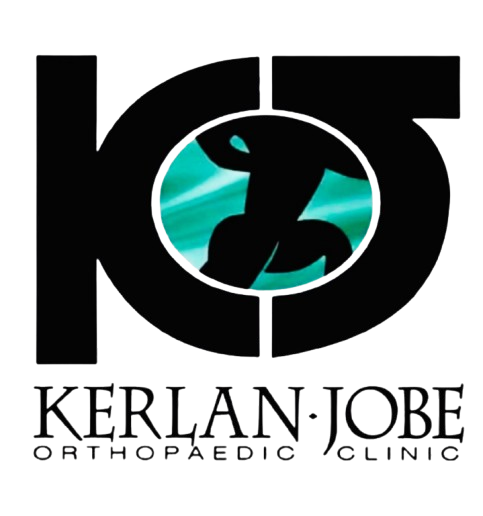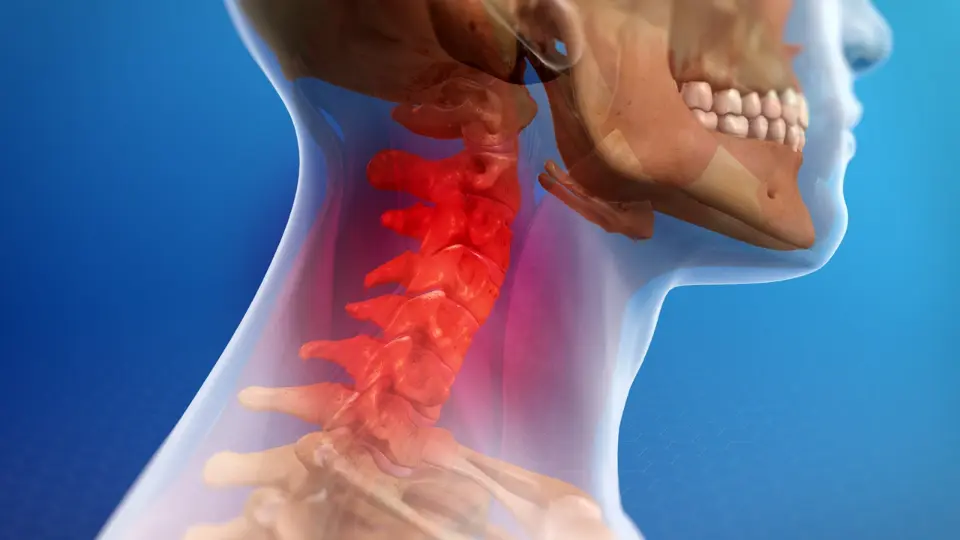What Is a Cervical Sprain/Strain?
Cervical sprain or strain—commonly known as whiplash—refers to damage to the soft tissues of the neck, including ligaments, muscles, and tendons. It often occurs from a sudden forceful movement of the head, such as during a car accident, causing the neck to whip backward and forward beyond its normal range.
The condition can cause pain, stiffness, and limited motion, and though most cases resolve with conservative treatment, symptoms may persist in some individuals.
Causes and Risk Factors
- Rear-end or side-impact car accidents
- Sports injuries involving collisions or falls
- Physical assault or sudden trauma
- Roller coasters or other high-velocity neck motions
- Poor posture and weak neck musculature may increase risk
- More common in women and individuals with previous neck issues
Symptoms
- Neck pain and stiffness
- Headaches (often starting at the base of the skull)
- Shoulder and upper back discomfort
- Reduced range of motion in the neck
- Dizziness or visual disturbances
- Tingling or numbness in the arms (if nerves are affected)
- Fatigue, difficulty concentrating, or sleep disturbances (in more severe cases)
Diagnosis
- Physical exam assessing tenderness, range of motion, and neurological status
- X-rays: Rule out fractures or alignment problems
- MRI or CT scan: Evaluate soft tissue injury, disc issues, or nerve involvement
- Assessment for associated injuries (e.g., concussion, TMJ pain)
Treatment
Non-Surgical Treatment
- Short-term rest and activity modification
- Ice/heat therapy to reduce pain and inflammation
- Over-the-counter or prescription anti-inflammatory medications
- Physical therapy: Focused on posture correction, range of motion, and gradual strengthening
- Massage therapy or chiropractic care as adjunct options
- Supportive cervical collar (only short-term if needed to relieve pain)
Surgical Treatment
- Rarely needed unless imaging reveals significant disc herniation or nerve compression requiring decompression
- Referred to spine specialists for further evaluation if symptoms persist beyond expected recovery
Recovery Timeline
- Mild sprains/strains often resolve within 1–3 weeks
- Moderate cases may take 4–8 weeks for full recovery
- Chronic whiplash (lasting beyond 3 months) requires multidisciplinary care
- Early mobilization and therapy can significantly improve outcomes
Expert Treatment at Kerlan Jobe Institute
At Kerlan Jobe Institute, our spine specialists provide personalized care for cervical sprain and whiplash injuries. We focus on early, evidence-based interventions to restore mobility, relieve pain, and prevent long-term complications—ensuring you return to your active lifestyle safely and confidently.

